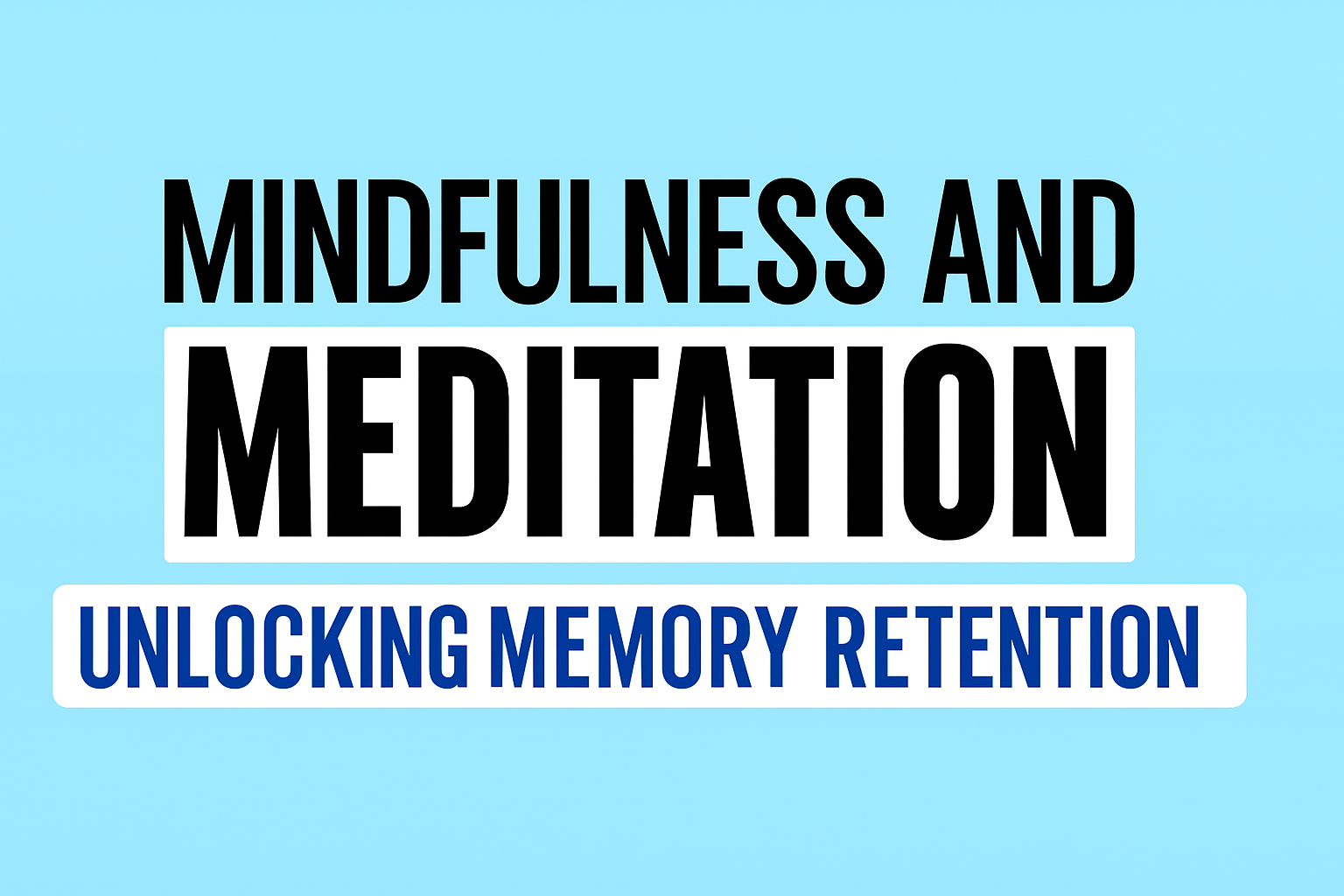

How many times have you walked into a room and completely forgotten what you went there for? Or looked at someone you have known for years and tried to remember their name? These are common distractions, and here is the kicker: memory loss is not always about age. More often, it is about the amount of presence—or the amount of distraction—in which our minds are.
With alerts and notifications buzzing, deadlines approaching, and the vast, overwhelming amount of information available to us, we rarely give our brains the time it needs to pause and process information. This is where mindfulness and meditation can be a quick and easy way to support focus and memory.
Why Mindfulness Supports Memory
Mindfulness is the practice of being aware and present in the moment without distraction. When mindfulness is combined with meditation, it is equivalent to a mental workout. What researchers have found is that meditation strengthens the hippocampus, which improves learning and memory. In addition, meditation lowers cortisol (the stress hormone), which disrupts the memory pathways.
In short, meditation doesn’t just serve to relax the mind, but creates the structure for better learning and faster recall.
Practical Mindfulness Tips for Memory
The best thing is—you don’t need to practice for hours. Spending a few mindful minutes each day will help! Here are a few very easy ideas:
Mindfulness and meditation are not only spiritual rituals to aid our relaxation and well-being; they are actually practical cognitive memory techniques! They create a space of stillness in our minds that helps memory grow.
You don’t need to buy fancy equipment, nor spend hours doing these. Just a few minutes of quiet time, each day- time to breathe, think, and be with ourselves will likely change the way we learn and remember. Because ultimately, sometimes the secret to remembering more is to learn to slow down.